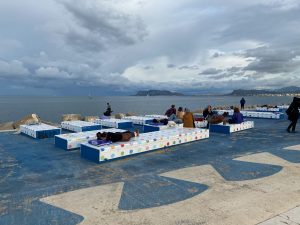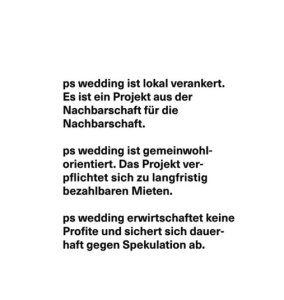Faculty of Technology, Design and Environment
School of the Built Environment
Spatial Planning Research Group
Three year full-time funded PhD Studentship
Eligibility: Home/EU and International Students
Bursary: £14,000 in Year 1, £11,000 per year in Years 2 and 3 (with no inflationary increase)
In addition, in Years 2 and 3, €2,000 per month for travel and subsistence (including flights to Brazil) will be available while on fieldwork in Rio de Janeiro (12 months in total in Years 2 and 3)
NB There may be some flexibility in the timing of fieldwork, keeping the overall budget envelop the same.
A further £2,000 is available to cover project costs
Fees: Tuition fees will be paid by the University for 3 years.
Deadline: 13 May 2017
Interview date: 8 June 2017
Start date: September 2017 or January 2018 (at the latest)
“Co-Creation: Addressing stigmatization in disadvantaged urban neighbourhoods”
The School of the Built Environment has recently been awarded an EU-funded project under the RISE Marie Skłodowska-Curie Programme, entitled ‘Co-Creation’. The project aims to address urban disadvantage and territorial stigmatization, by bringing together different actors such as researchers, policy makers, residents and artists, to ‘co-create’ understanding about marginalised neighbourhoods and address disadvantage. The project is being run in collaboration with six other partners within the EU and elsewhere, including the Pontifical Catholic University of Rio de Janeiro (PUC-Rio), in Brazil.
The School is seeking to recruit a PhD student to contribute to the aims of the overall Co-Creation project with a particular focus on informal settlements (favelas) in Rio de Janeiro. The PhD student would be expected to spend 12 months in Rio de Janeiro (possibly two 6-month visits), undertaking fieldwork, and working in liason with the project partners at PUC-Rio. It is likely that the project will focus on qualitative methods, in order to fully explore the relevant issues. Possible topics that would be of interest include (not exclusive):
§ Territorial stigmatization and neighbourhood identity
§ Creative production in the city
§ Urban social movements
§ Participation, planning, politics and people
§ Digital ethnography and other qualitative methods to explore these issues.
The studentship is co-funded by the RISE Marie Skłodowska-Curie Programme and Oxford Brookes University (Faculty of Technology, Design and Environment).
Requirements:
We are looking to recruit a candidate of the highest quality who is capable of submitting a PhD thesis within 3 years. Candidates would be expected to have a good first degree or Masters in a related subject (e.g. geography, sociology, planning, anthropology, political science etc). They should be able to demonstrate strong research capabilities, be fluent in spoken and written English, as well as show proficiency in Portuguese.
The selection criteria will focus on academic excellence, suitability of research experience and skills, subject knowledge and references.
The successful candidate will work within the Spatial Planning Research Group, under the supervision of Dr Sue Brownill and Dr Juliet Carpenter in the School of the Built Environment. For further information about the Spatial Planning Research Group, see http://be.brookes.ac.uk/research/spg/index.html.
Enquiries: Please email Dr Sue Browill (sbrownill@brookes.ac.uk) or Dr Juliet Carpenter (jcarpenter@brookes.ac.uk) with enquires.
As part of the application, you must submit a detailed research proposal (maximum 1000 words), a CV, and a supporting statement (maximum 300 words).
How to apply: For further information on how to apply, please email tdestudentships@brookes.ac.uk for an application pack, quoting “Co-Creation” in the subject line.
This project has received funding from the European Union’s Horizon 2020 research and innovation programme under the Marie Sklodowska-Curie grant agreement No 734770.


